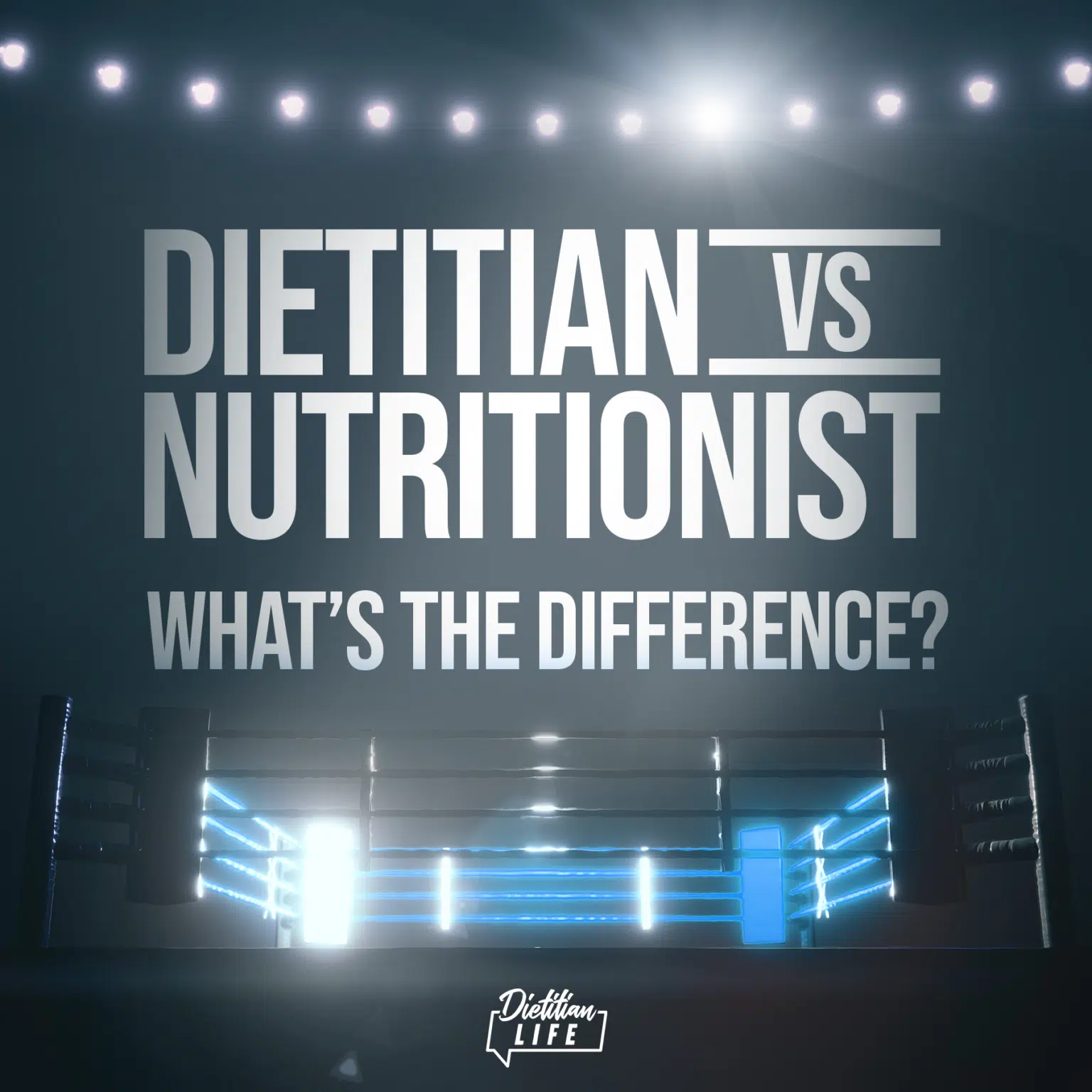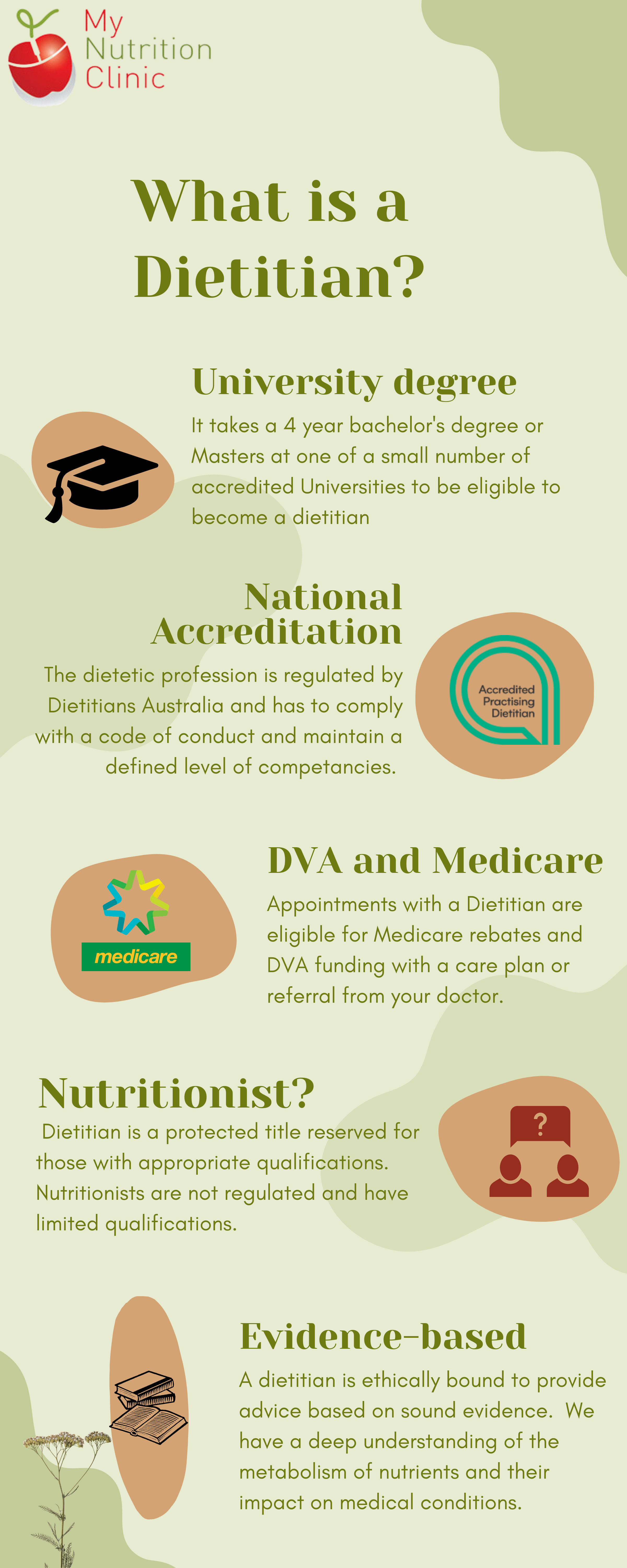All Categories
Featured
Table of Contents
-1
In the USA and many other countries, a dietitian is a board-certified food and nutrition specialist. They are very enlightened in the area of nourishment and dietetics the science of food, nutrition, and their influence on human health and wellness. Via extensive training, dietitians acquire the expertise to offer evidence-based medical nutrition treatment and nutritional therapy customized to meet a person's demands.
-1To make these qualifications dietitians-to-be have to initially make a bachelor's level or comparable credits from an accredited program at an university or university. Generally, this requires an undergraduate science level, including programs in biology, microbiology, organic and not natural chemistry, biochemistry, makeup, and physiology, as well as more specialized nourishment coursework.
Plant-based Nutritionist
-1This permits them to evaluate severe requirements, prioritizing serious problems. Inpatient and outpatient dietitians additionally provide nutrition education and learning to individuals with specialized demands, such as those newly out of surgical procedure, in cancer treatment, or diagnosed with chronic health problems like diabetes mellitus or kidney illness. In the outpatient setting, they give a lot more thorough dietary therapy functioning in the direction of a nutrition-oriented objective.
-1They can likewise promote for public laws with a focus on nourishment, food, and wellness issues. Study dietitians generally function in research medical facilities, organizations, or universities. They run within a research group headed by a main detective and execute nutrition-focused interventions. As soon as dietitians have actually made their qualifications and are operating in the area, they can go on to concentrate on a particular subcategory, such as pediatrics or sports dietetics.
-1Others might function as health and wellness and nutrition specialists in media or as public audio speakers (Pediatric Dietitian). Dietitians are certified to handle nourishment therapy across a span of acute and persistent problems.
Mental Health Nutritionist – Rottnest Island
-1In lots of states, such as Alaska, Florida, Illinois, Maryland, Massachusetts, and Pennsylvania, RDs and CNSs are provided the very same state license, typically called an Accredited Dietitian Nutritional Expert (LDN) license. In states that don't regulate making use of this term, anybody with a passion in diet or nutrition might call themselves a nutritional expert.
-1Due to the fact that uncredentialed nutritional experts usually lack the know-how and training for medical nourishment therapy and nutrition counseling, following their advice might be thought about dangerous (). Before speaking with a nutritional expert, you may intend to check whether your state manages that might use this title. In the united state states that do not control the term, no levels or credentials are called for to be a nutritional expert.

-1
In states that do mandate licensure, the CNS or RD credential may needed. Those with CNS credentials are health and wellness specialists like registered nurses or doctors with sophisticated wellness degrees that have actually looked for out additional coursework, finished monitored method hours, and passed an exam looked after by the Board for Certification of Nutrition Specialists.
-1While several of these techniques may have robust scientific support, others may not. Giving nutrition advice without the correct expertise and training can be damaging, specifically when counseling those with wellness problems. If you are considering getting in touch with a nutritionist, you might want to ask if they are a CNS or have state licensure or certification, or an additional credential.
Paediatric Dietitian
-1A number of states particularly regulate this term. Additionally, nutritionists may go after an innovative CNS certification.
-1It can be testing to help individuals make real, long lasting adjustments in their lives. Both dietitians and nutritional experts offer a variety of nutrition-based solutions to clients.
-1They need to have finished some level of education in their field. They are additionally required to have actually completed as much as a year of supervised job, working within a directed program at a medical care facility, catering company, or neighborhood body. Dietitians have far higher assumptions put on their capacities and level of professionalism.
-1This suggests that there is no body that manages their qualifications and no especially rigid standards that nutritionists requirement to comply with in order to be able to exercise. Dietitians, on the other hand, are signed up with country wide recognised bodies, such as the Dietitians Organization of Australia. They must follow the National Competency Criteria for Dietitians.
Adolescent Dietary Support (Rottnest Island)

-1
You can exercise as a nutritional expert without the same degree of accreditation as a dietitian. Nutritional expert courses can vary in length and quality, with some as brief as 6 weeks and covering far much less material than a dietetics course. Depending upon your education and learning provider, you can gain a considerable quantity of understanding through examining an easy nourishment program; nevertheless it is necessary to check out the course material prior to starting.
-1This can consist of going to market seminars or checking out sector publications. Nutritional experts, on the various other hand, typically gain their certifications in order to supplement various other certifications and give much better suggestions to their customers. Nutritional experts can get work in a wide variety of areas, including public health suggestions, advice for individuals, and working with private organisations.
-1Nutritionists can work with sporting organisations, gyms, schools and encourage media outlets on standard terms and right usage of terms. Dietitians can work in most of the very same functions as nutritionists.
Holistic Dietitian – Rottnest Island 6161
-1Dietitians usually collaborate with more clinically delicate clients. These can include those with diabetic issues, allergies, excessive weight, cancer cells and gastrointestinal illness. Because of the high level of understanding required to provide services to these people, just approved dietitians are permitted to give care. Some of the greater degree roles with health care organizations can be extremely rewarding, and pay fairly well.
-1In Australia there is a difference between a dietitian and various other dietary health and wellness providers consisting of nutritional experts. All dietitians are nutritional experts, yet nutritional experts without a dietetics certification can't call themselves a dietitian. While there are resemblances in between a dietitian and nutritional expert there are differences in certifications and policy. The dietetic profession is managed and meets rigorous standards as laid out by the National Partnership of Self Regulating Wellness Professions (NASRHP).
-1Dietitians with the Accredited Practising Dietitian (APD) credential commit to recurring training and education throughout their careers. They follow our code of conduct. Dietitians have the expertise and skills found in the National Proficiency Requirements for Dietitians. As a profession, nutritionists are not managed in Australia under NASRHP or certified under a single regulatory body.
Dietitian
-1If you have a persistent wellness condition and a treatment plan from your GP, you might be able to claim a Medicare rebate when you see an APD. The primary function of people working in the occupation of dietetics is personified in this declaration: The career of dietetics contributes to the promo of wellness and the prevention and treatment of ailment by optimizing the nourishment of populations, communities and people. Clinical Dietitian.
Table of Contents
Latest Posts
Coeliac Disease ( Mundaring)
Ndis - Perth
Reggie – Dalkeith 6009
More
Latest Posts
Coeliac Disease ( Mundaring)
Ndis - Perth
Reggie – Dalkeith 6009